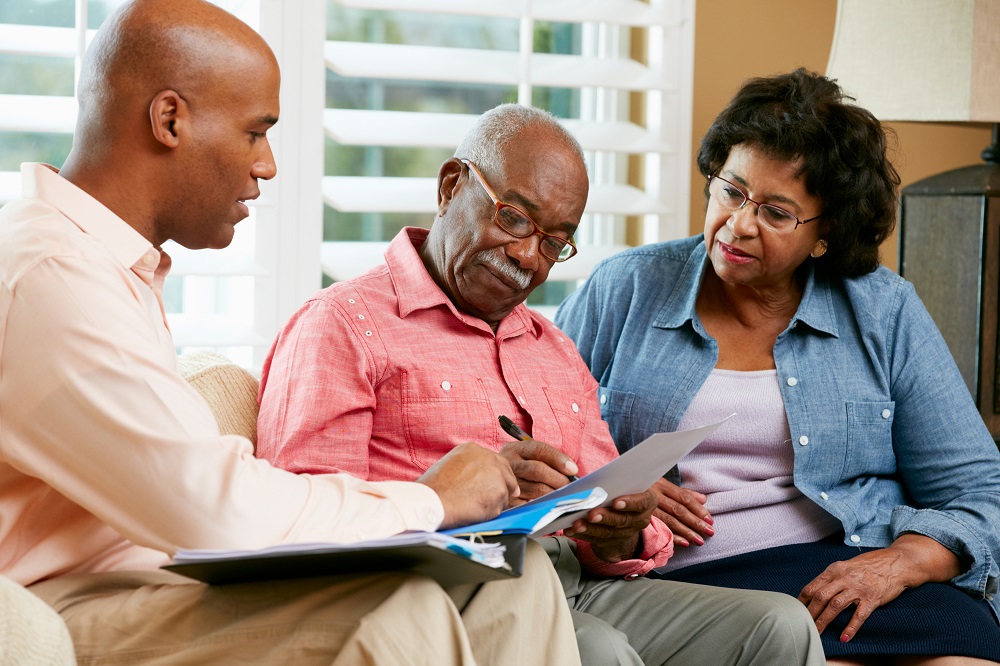The Most Common Problems Associated with DIY Wills
It’s tempting to write your own will, especially if your estate is fairly straightforward. After all, it saves money and time. But what saves money now could end up turning out to be a very costly, time-consuming ordeal for beneficiaries. Understand these common problems and do your research before deciding a DIY will (do-it-yourself) is for you.
If the court can’t decide what you meant, they won’t follow your instructions.
Common Problems
Here are some of the most common problems associated with creating a will by yourself.
- It’s not legally binding. Every state has different requirements for what makes a will legally binding. The basics are the same: you must be over eighteen years old, of sound mind and not under duress or undue influence. However, problems arise when you fail to read the fine print; some states recognize oral wills, some must be entirely in the testator’s handwriting. Some require notarization, some are fine with just two witnesses. Or three. If you fail to execute the will properly, it won’t hold up in court.
- It’s unclear. You may write “my sister” meaning Jane Doe of Springfield, Massachusetts, but perhaps you have two sisters. Oops. The court doesn’t know if you mean Jane or Julie, so the court will have to attempt to reconstruct your original meaning—which means more time and expense. Another possible problem is that the instructions for your property or its description is vague or confusing. If the court can’t decide what you meant, they won’t follow your instructions.
- It’s unenforceable. No, you can’t leave money to your pets. (But you can leave money to a human for the care of your pet or leave money in a pet trust.) You also can’t put impractical or illegal conditions on your heirs before they receive their inheritance—and sometimes your idea of “impractical or illegal” doesn’t match up with the law. This is where an attorney’s experience is helpful. Some DIY will websites offer attorney review, but make sure that it is an actual attorney to review the will.
- It confuses wills with living wills. A living will is also known as an advance health care directive, which is separate from a will that distributes property. If you add your end-of-life wishes and your funeral arrangements to your will, it likely won’t be read until well after you’ve already passed.
- You forgot to distribute all of your property. If you forget to provide instructions for all of your property, the court won’t try to figure out what you would have wanted. For unspecified property, you will be considered to have died without a will, and the property will be distributed according to the state intestacy laws.
- Not understanding what a will controls. Not all property is governed or distributed according to the terms of your will. For example, assets with a beneficiary designation does not get paid according to your will. The designation controls.
Overall, DIY wills are a valid choice, but they require a lot of careful research. If your estate—or family situation—is remotely complicated, you should seriously consider hiring an estate planning professional. Fill-in-the-blank wills may be fine for some, but many prefer the peace of mind that comes with hiring a professional.
Contact Us
If you’re looking for professional estate planning assistance, contact Baker Law Group, P.C. We’ll be happy to help you write a will or otherwise plan for the future. For a complimentary and no obligation initial consultation, contact us.
781-996-5656 office
800-701-0352 toll-free
Learn More about Estate Planning and also Elder Law.
Get Notices of other short articles. Follow us on Facebook, Twitter or LinkedIn.
Share this article below.




